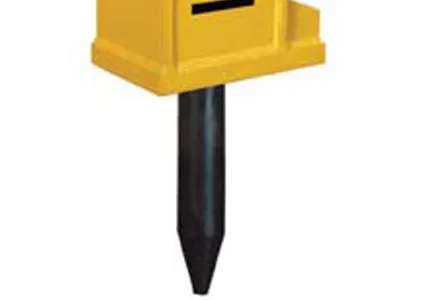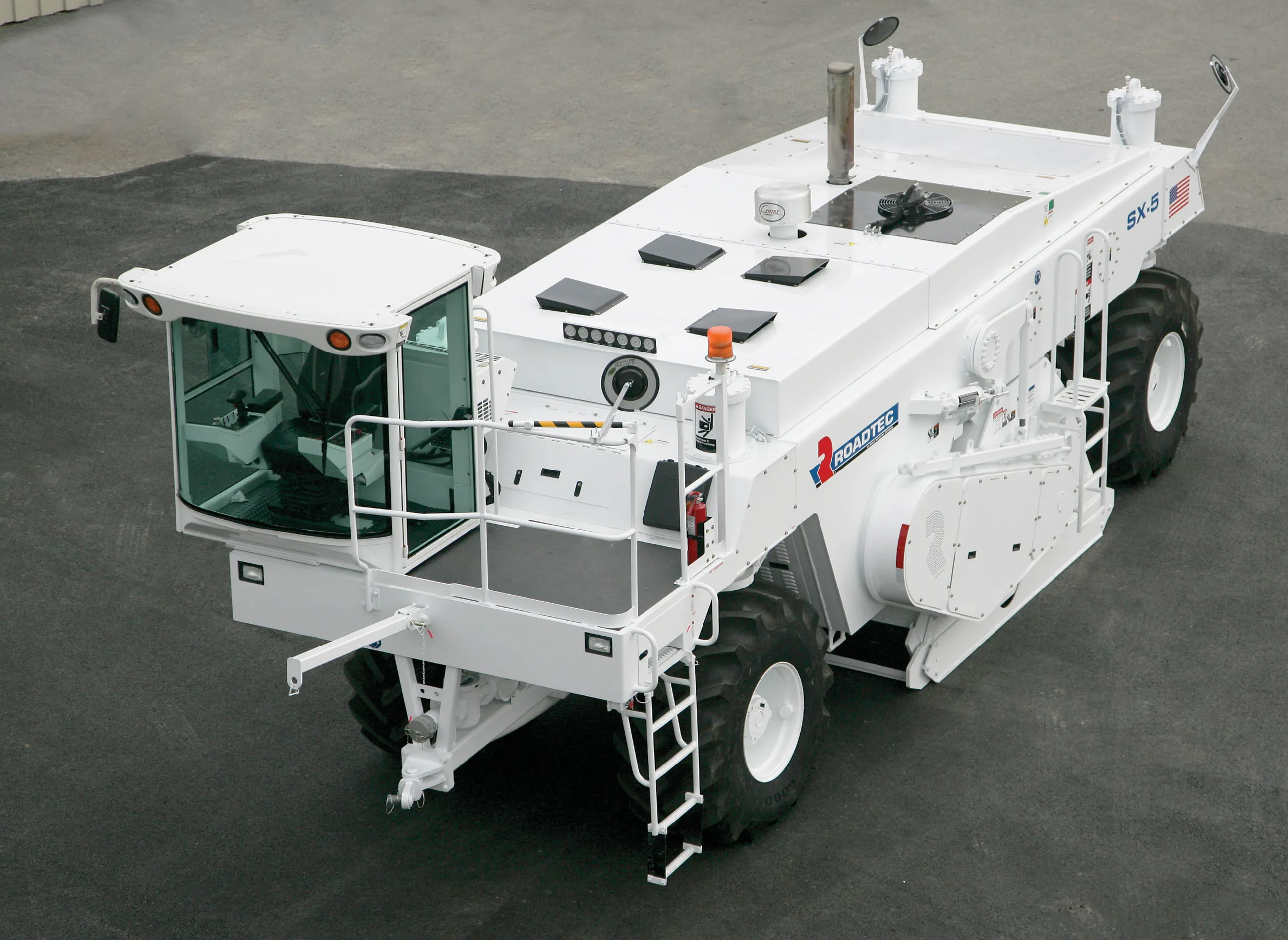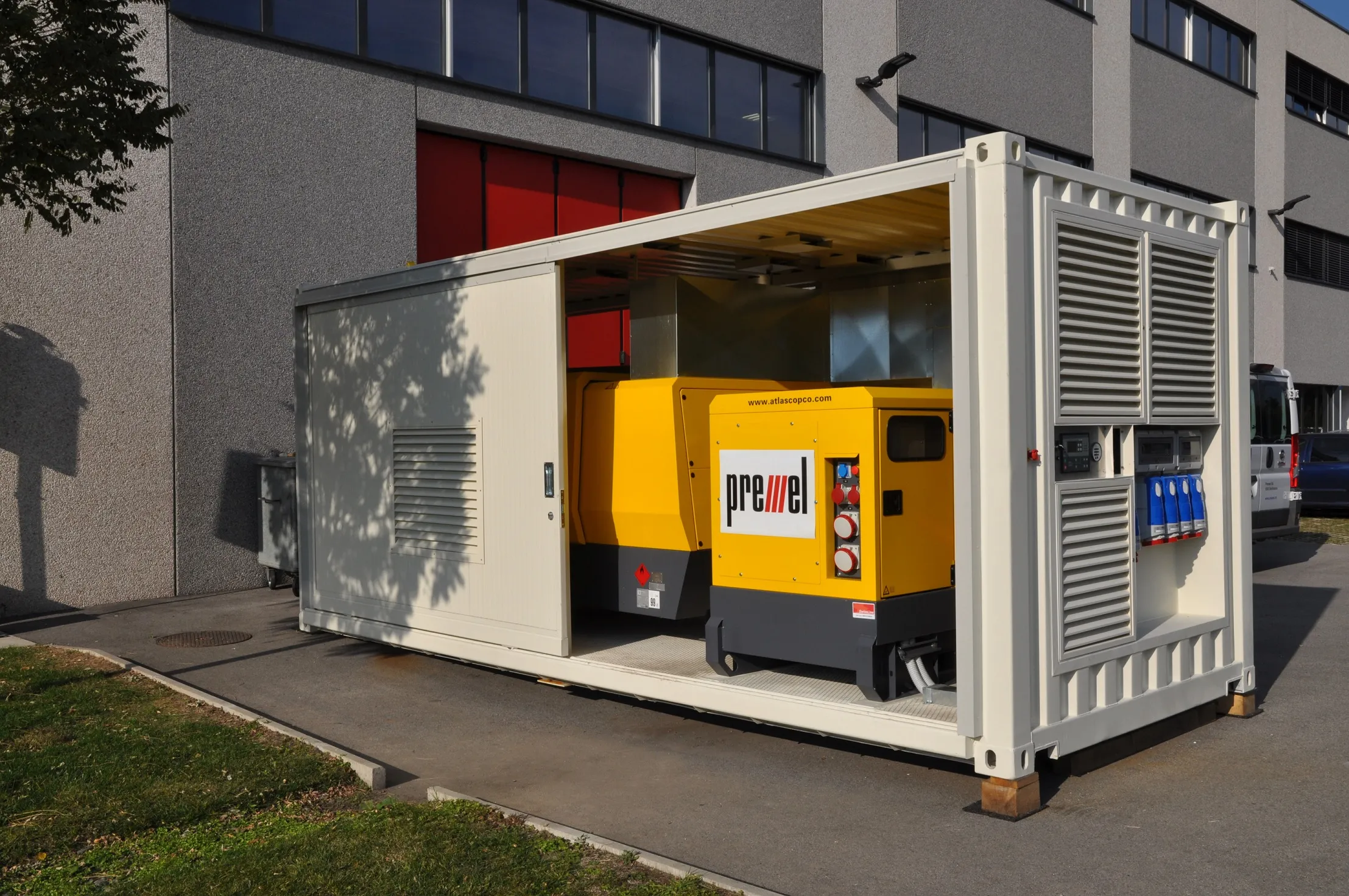Atlas Copco says the latest addition to its medium breaker range, the MB 750 hydraulic breaker, is aimed at meeting the major market demand of reducing the lifecycle cost of machinery and tools. "Two-thirds of the lifecycle cost of a breaker is made up by factors such as operator cost, energy and fuel consumption, as well as service and maintenance costs," says Atlas Copco.
March 1, 2012
Read time: 2 mins

"Two-thirds of the lifecycle cost of a breaker is made up by factors such as operator cost, energy and fuel consumption, as well as service and maintenance costs," says Atlas Copco.
"The MB 750 matches this challenge with up to 54 % more percussive performance compared to its predecessors."
However, the company says that more percussive power does not mean that the breaker adds extra weight to the carrier. The MB 750 allows the use of a smaller breaker and carrier for the same kind of job, thus reducing investment cost and fuel consumption.
The new MB 750 has a sound power level of 118 dB (A), measured according Directive 2000/14/EC. Atlas Copco's VibroSilenced system isolates the percussion mechanism acoustically from the external guide system.
A new feature on the MB 750 is the double retainer bar system, which maximises the service of the tool and retainer system. The MB 750 is optionally available with the patented DustProtector II, a two-stage sealing system with coarse and fine wipers that reduce the penetration of abrasive dust into the lower hammer part.
The working length of the tool on the MB 750 is 550mm (510mm for the MB 750 Dust) while tool diameter is 100mm for both.









